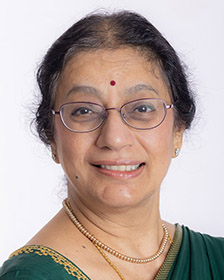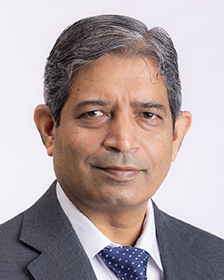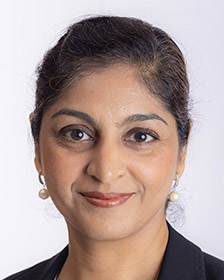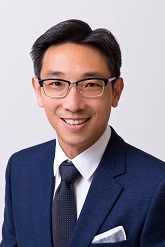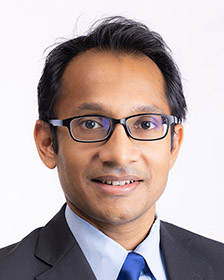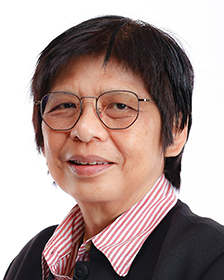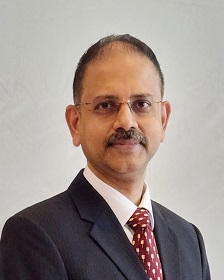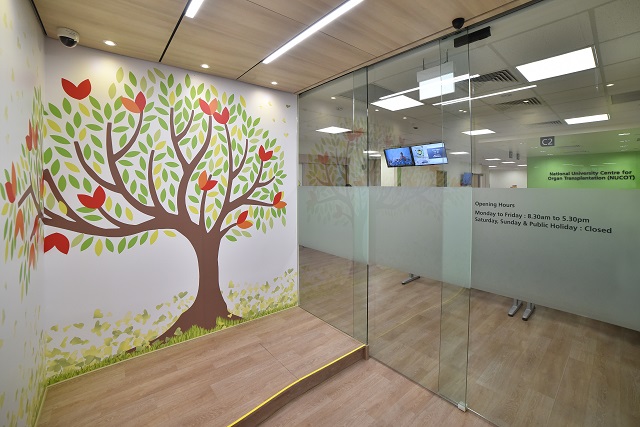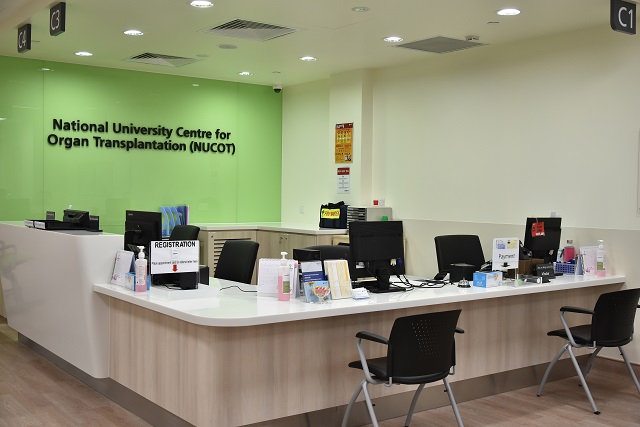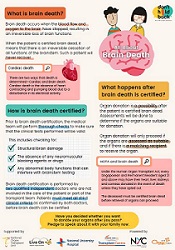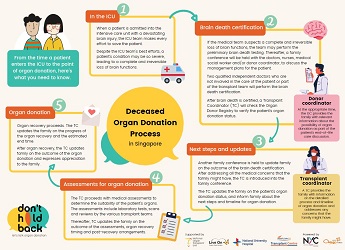National University Centre for Organ Transplantation (NUCOT)
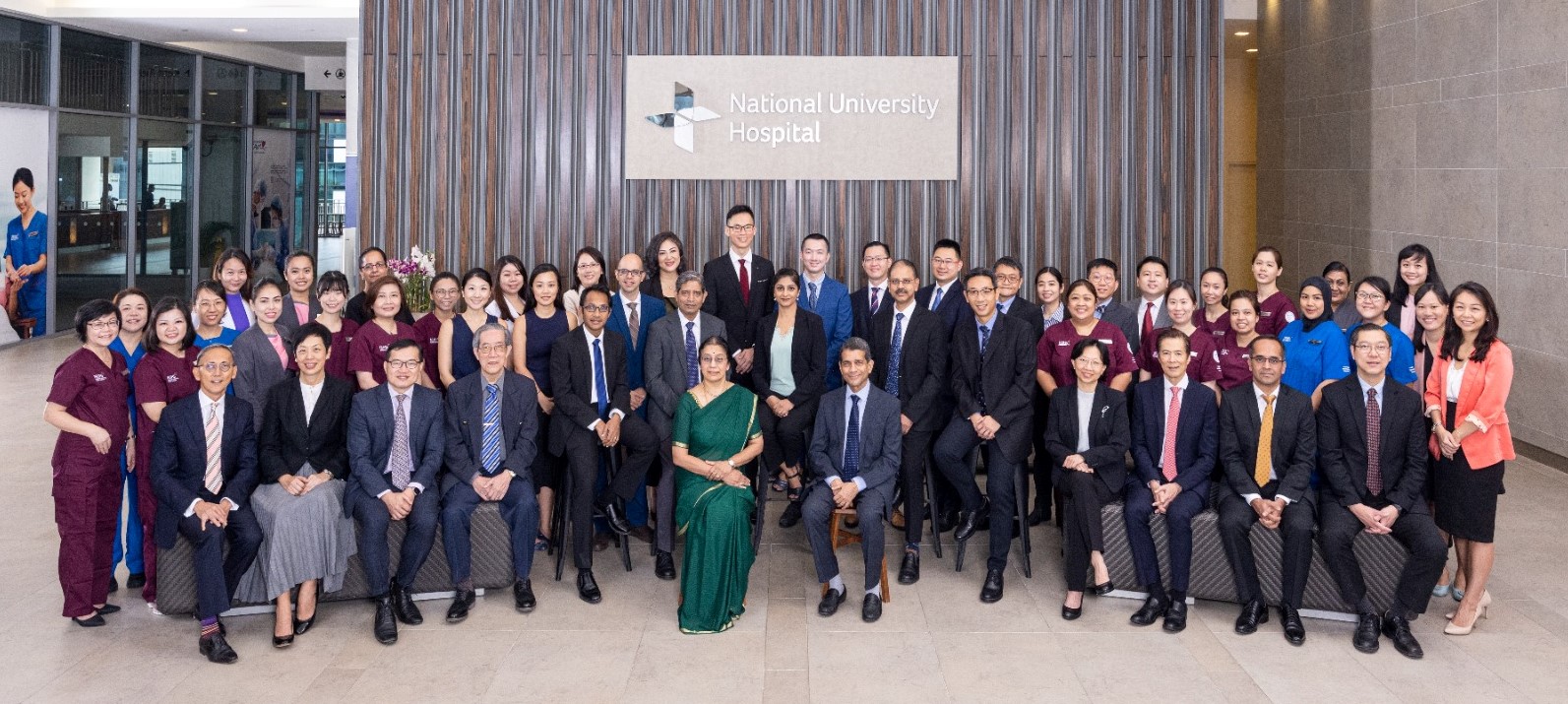
The National University Centre for Organ Transplantation (NUCOT) has been celebrating successes in organ transplantation since its establishment in 1970. The first transplant in Singapore was a deceased donor kidney transplant led by Professor Chan Kong Thoe, head of the then University of Singapore’s Professorial Surgical Unit, alongside a team of surgeons. The groundwork on the treatment of kidney failure with dialysis had been laid by Professor Khoo Oon Teik of the University of Singapore’s Department of Medicine.
NUH, thereafter, opened its doors for patient care services at Kent Ridge in 1985, and the first transplant in the new NUH campus took place in 1987. Over the ensuing years, transplantations at NUH witnessed a growth in terms of volume, scope and complexity. In 2008, NUCOT was officially established as a specialist centre catering to both adult and paediatric organ transplantation, bringing together a comprehensive multidisciplinary suite of medical services essential for our patients’ transplantation journeys.
With advancements in surgical techniques and improved pharmaceuticals to prevent infection and graft rejection, organ transplantation is now recognised as the best treatment option for patients facing end-stage organ failure. NUCOT has, to date, performed more than 1,000 kidney, liver and pancreas transplants. As Singapore’s leading and sole centre that provides both adult and paediatric organ transplant services, NUCOT consistently achieves outcomes comparable to international benchmarks.1, 2, 3, 4
Furthermore, NUCOT is a key institution for clinical training and research in the Southeast Asia. It is actively engaged in raising awareness and fostering expertise in organ donation and transplantation in Singapore and the region.
Our Services
Our healthcare professionals from diverse disciplines adopt a collaborative approach to seamlessly deliver specialised and holistic care for our kidney, liver and pancreas transplant patients. This commitment extends to intensive and dedicated long-term follow-ups. Our range of services include pre-transplant medical assessments, surgical and micro-surgical specialised services, post-transplant intensive care and recovery, outpatient check-ups and lifetime medical reviews. Through our team-oriented approach, we ensure that transplant patients receive comprehensive, dedicated and individualised care.
Additionally, our transplant coordinators and other allied health professionals, including medical social workers, transplant pharmacists and dietitians, work together to provide essential support and education to our patients and their caregivers.


